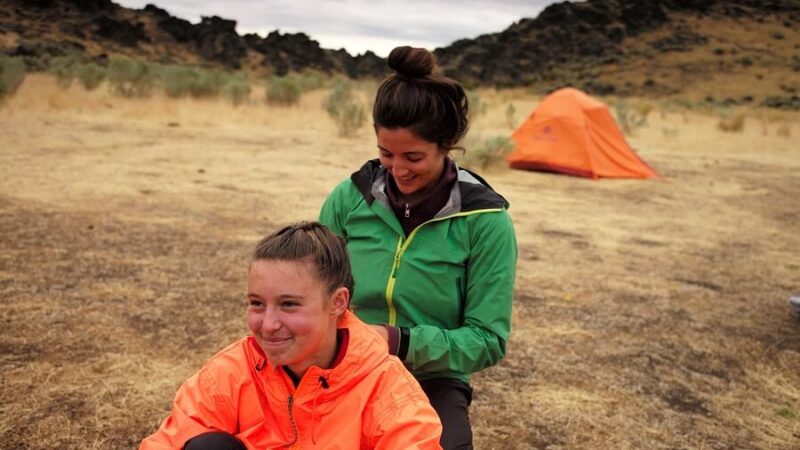Opioid Prevention: How to Educate Young Adults

The issues of opioid addiction have affected many different people throughout the past few years. Due to misprescribing medications, patients became addicted to opioids.
It’s hard to talk about these kinds of things with your children. But, it is absolutely necessary. If you would like to prepare ahead of time, talk to the brilliant staff over at Hollywood Hills Recovery. They can give you plenty of resources!
Here are a few tips and tricks on how you can educate your young adults in an effective way.
Give Them the Facts
Today’s generation is more interested in the actual factual information rather than someone’s opinion. Young adults are exposed to more information on a regular basis than we were 20 years ago. With this, there comes a lot of misinformation.
This is where you as either a program coordinator or a parent need to find the facts for your area. It’s important to also find the facts about the opioid epidemic in the world.
If your young adult wants more facts, work with them on doing research. Help them check their sources and ensure that you’re getting actual information and not someone’s opinion. Try to find government data, or published research.
Be Open to Their Questions
Chances are, whoever you are trying to educate has probably already heard of opioids. They’ve probably also either had opioids, or have been offered opioids at some point. They may know more than you think so be sure you aren’t treating them like children.
One thing to always be aware of, is that young adults are going to ask the hard questions. They’re going to ask for connections, they’re going to ask your thoughts, and they might even ask about why such things happened or why they were allowed to happen.
This is a normal thought process.
No matter who you are teaching, or helping, be open to their questions in order to help them learn as much as they can in a safe environment.
Volunteer at recovery houses
Young adults are old enough to volunteer at places like recovery houses. These places are meant to help recovering addicts find their way back into life. Many of them have curfews, some have working rules, and some also provide therapy on top of housing. It all will vary.
Because your young adult is 18 or older, it is important that they learn about others’ experiences. This will give them an open world view, and also help educate them on the issues of opioids. Going to an opioid specific house may be the next step if you can find one.
Going there gives your young adult the opportunity to ask the hard questions to somebody who has already recovered and knows the dangers on a personal level. Sometimes, that type of connection is more effective than any other connection.
Show Them the Hard Details
Unfortunately, in modern society many people are desensitized to the gruesome things that can happen to addicts. Generally speaking those that are addicted to opioids, are eventually reliant on heroin on a regular basis.
There have been many cases of opioid overdose due to drugs laced with other fatal substances that are injected right into the body. The most common cases where this is seen, is with fentanyl and heroin.
Another example is the dangerous use of an opioid called krokodil. It is a synthetic heroin that is also cheaper but comes with very grave consequences. People who use this get black and scaly green skin that looks like a crocodile’s skin: hence the name krokodil.
In some ways this is a kind of scare tactic, but that’s only if you’re showing them before they are ready. At the age of 18 and older, these are things they’re going to see on a regular basis. Prepare them beforehand, and let them know that these are difficult images to see.
Be Honest
If you have used opioids at some time, be honest with the young adult about it. If you try to hide those kinds of facts then the young adult is going to wonder what the trouble is, and why they can’t do what you did.
This can lead to a lot of internal struggles. It can also lead to a lot of arguments, and lead to a lack of trust.
Being honest with the young adult is going to set them up for a better understanding of this type of drug. Instead of hiding the fact that you have used, use that as a way to talk to the young adult from a personal level.
When you speak to someone from a personal level they’re going to see your struggles, and see your fears. This can create an impact that will help them understand what you’re saying.
Conclusion
When helping young adults process the information about opioids you have to be open for interrogation. You also have to be ready to be honest with yourself and with them, and be ready to help them understand however’s have fallen into the same trap. You’ve got this!






